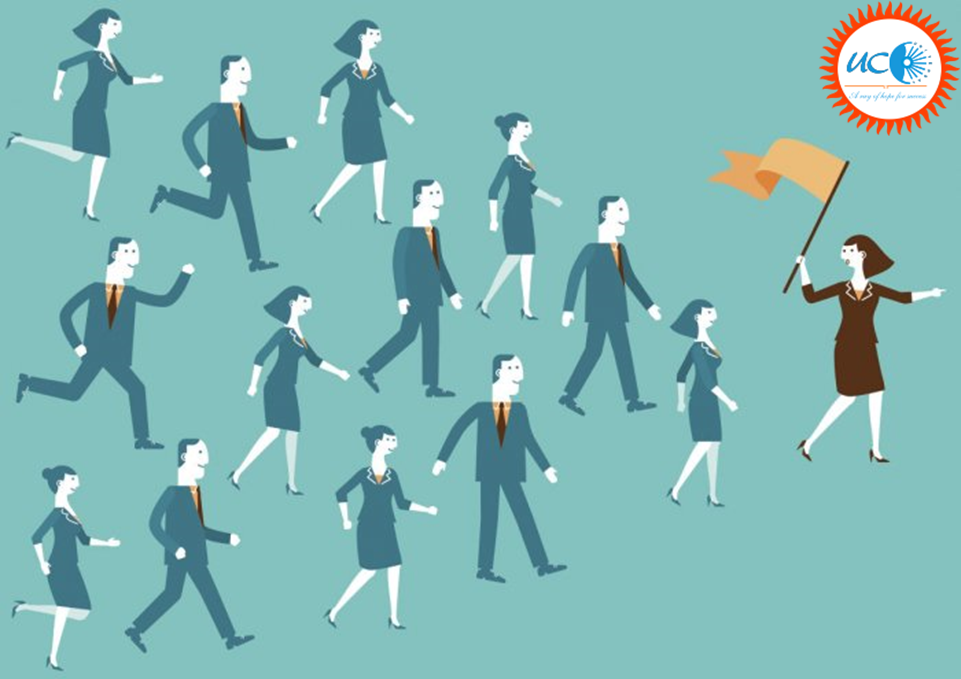Give an account of various factors that have led to poor participation of women in Indian politics.
Approach:
- Introduce by substantiating the poor participation of women in politics.
- Mention various factors that account for the same.
- Briefly highlight the consequences and conclude appropriately.
Answer:
The position of women in Indian politics reflects the advantages and disadvantages of its democracy. Women have played important roles in a variety of social organisations and NGOs, but there has frequently been debate about their lack of involvement in political parties and their ineffectiveness in three-tiered panchayats.
The percentage of female MPs has slowly climbed from 4.4% in the first Lok Sabha to 14% in the most recent Lok Sabha. Similar trends can be seen in the Rajya Sabha, where they have recently risen from 7% in 1952 to 11% in 2020.
There are a number of reasons why women are underrepresented in Indian politics:
- Patriarchy and gender roles: The cultural attitudes regarding gender roles act as a major obstacle for women’s participation in Indian politics. Women’s access to power continues to be mediated by their male kin, and is often indirect and symbolic. For example, “Sarpanch Pati” culture.
- Lack of acceptability in political parties: Gender biases within the political parties leads to poor acceptability of women leaders. Parties have done little to provide women access to the networks and resources that would enable them to ascend the ranks of party hierarchies.
- Lack of access to resources: Women participation in politics is constrained by dearth of
financial resources in the wake of increasing influence of money in politics. Women mostly lack control over their property or a steady source of income.
- Nature of the political process: A major impediment to women’s effective exercise of power, particularly in panchayats, is the growing violence, harassment and corruption that pervade the political process. Violence and killings, especially against Dalit women, has been a frequent phenomena.
- Role conflict: Family and childcare responsibilities lead to role conflicts during youth.
Interested women generally enter the political sphere at a later age and have to compete with men who have the advantage of an early start.
Women who are underrepresented in politics are deprived of crucial rights and obligations as citizens and their viewpoints and interests are not considered when making decisions.
In general, women have more opportunity to advocate for themselves the more robust democratic institutions and practises are. By allowing for reservation in the legislatures and promoting gender equality in terms of access to opportunities and resource distribution, this gender gap can be closed.








